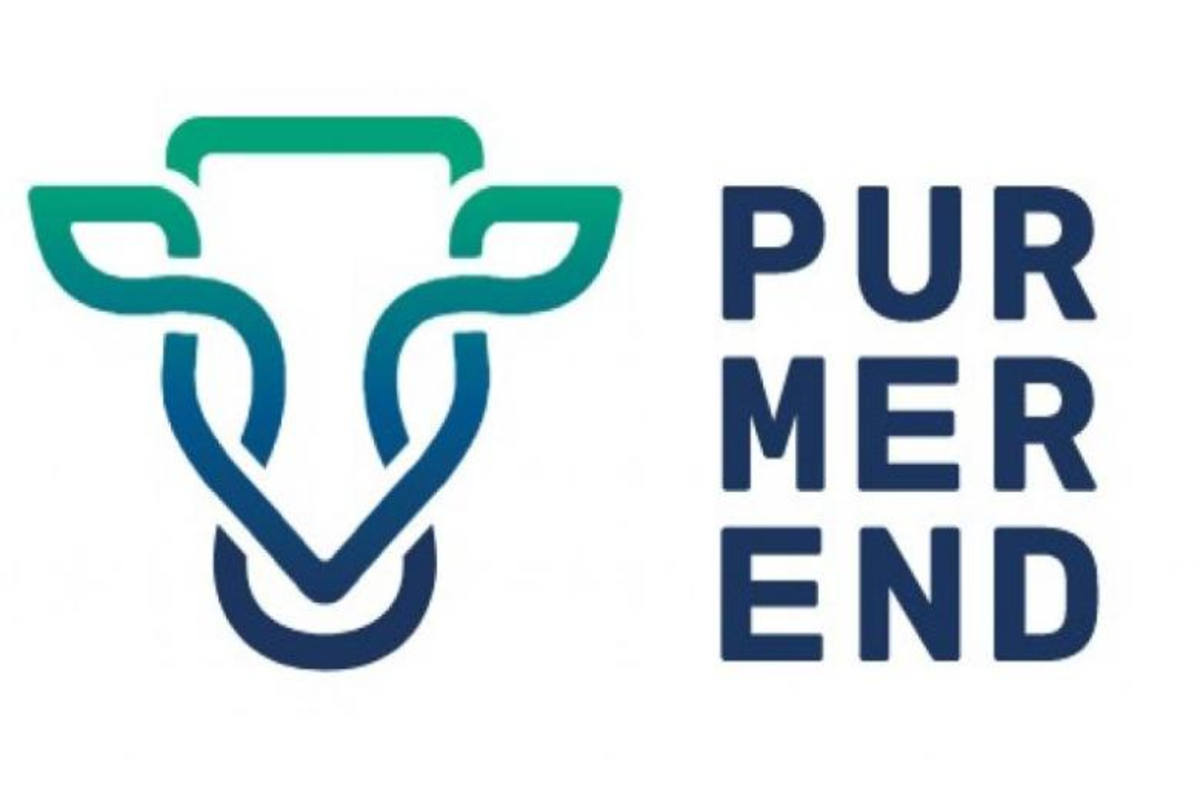I have spent a lot of time in train stations in the Netherlands in the past weeks, and every time I pass a particular poster my heart sinks. It is a poster of a young girl who gets paid pennies for working, and the text reads “And we are proud of it”. The pride in this quite horrible fact is that the girl is no longer a prostitute. My heart sinks, because the girl should, by rights and by law, be in school.
Of course it is great that nobody is now selling the body of this girl in prostitution. But a battery of international and local laws state that every child has a right to education, something this girl, even now, is not enjoying.
Child labour perpetuates poverty
A popular notion is that poverty makes child labour unavoidable. Child headed households need to get money from somewhere, for example. Or parents need someone to look after the little ones so they can pick more crop in peak earning seasons. The truth is that cheap child labour increases poverty increases. Poverty increases because enterprises pay less, and poverty increases because children are not educated. Education stops poverty.
215,000,000 children worldwide go to work instead of going to school.
It can be done
I was recently asked to work with a client to extend their program of getting children out of work and into schools. The organization does this by establishing Child Labour Free Zones – geographical areas where all children are systematically withdrawn from work and re-integrated into formal, full-time schools. It works with all relevant stakeholders, including teachers, parents, children, unions, community groups, local authorities and employers.
The organization does not distinguish between ‘worst’ and ‘acceptable’ child labour. Unless a child is in formal full time education, she or he is not getting what national law and international agreements repeatedly say the child has a right to: education. From the Declaration of Human Rights to the Millenium Development Goals one issue is clear as clear can be: States are obliged to implement compulsory and free basic education for all children.
One million children at school
In India, the law states that a child has the right to education is guaranteed till the age of 14.
MV Foundation in Andhra Pradesh, India has withdrawn more than one million children from work and integrated them in formal full time education over the past 20 years. They invented the Child Labour Free Zones approach and are now training organizations in Latin America and Africa to do the same.
Tangible results
A study of two Dutch seed companies in India, one using the child labour free zones approach and the other not, shows just how much difference the approach makes. Over a period of five years, the hourly adult wages in the intervention villages rose by 150%, in the non-intervention villages only 52%. In the intervention villages, child labour was almost completely eliminated, in the non-intervention villages it decreased slightly.
A community affair
The approach is this: the fact that a child is at work and not at school is not an isolated incident. Parents are willing to allow their children to work instead of going to school, even though it is illegal. Employers are willing to be blind to the fact that children are helping their parents pick enough tea or crack enough rocks to supplement the family earnings, and schools accept that not all children in the district attend school. Companies buying products are willing to accept that child labour was involved and local councils are willing to accept that children don’t go to school. There is a cycle of not caring enough. MV Foundation thinks that people do care, just don’t know how to change the thing that needs changing. Not by themselves. What they do is bring all the stakeholders together, come to a joint agreement that change will happen, and go about making it happen.
It makes sense. Taking a child out of a tea plantation will not get her or him into school. The incentive to be in school has to be there as well, and in many villages the quality of the education provided has to be improved to meet this incentive. To keep a child out of a tea plantation also needs to be incentivised – for example by buyers refusing to purchase tea that has had children in the production.
Too many children miss out on life itself, because of child labour, says Dutch Minister of Aid and Trade Lilianne Ploumen.
Take action together
I am truly grateful for the work being done to get little girls out of prostitution. My urgent plea is for Stichting Free a Girl to work with communities to get the girls into education, where they belong, and where they can build a future for themselves, their families and their communities.
Lin McDevitt-Pugh
==================
Lin McDevitt-Pugh MBA worked as director of the organisation in the Netherlands that provided 24 hour care for sexually abused women and children, and was responsible for laws allowing no lenience for abusers. Stopping violence against women became something people could talk about. She now heads NETSHEILA and is committed to a world that works for everyone, with nobody left behind. Wherever the opportunity arises we work with educators and communities to prepare the next generation for leadership in the world.
// (function(i,s,o,g,r,a,m){i[‘GoogleAnalyticsObject’]=r;i[r]=i[r]||function(){
(i[r].q=i[r].q||[]).push(arguments)},i[r].l=1*new Date();a=s.createElement(o),
m=s.getElementsByTagName(o)[0];a.async=1;a.src=g;m.parentNode.insertBefore(a,m)
})(window,document,’script’,’//www.google-analytics.com/analytics.js’,’ga’);
ga(‘create’, ‘UA-43896552-1’, ‘netsheila.com’);
ga(‘send’, ‘pageview’);
// ]]>
Our clients



















